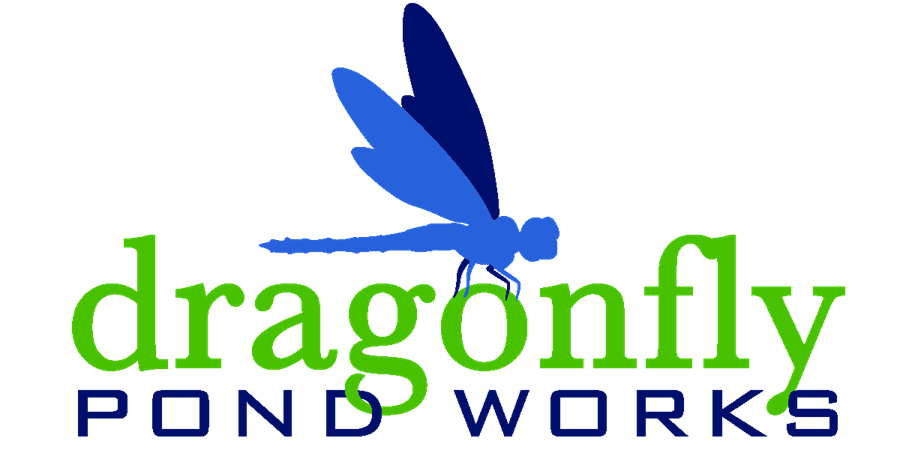Aquatic Invasive Vegetation: Fish Control Measure
Aquatic invasive vegetation is an issue in Charleston, South Carolina waters and beyond. DPW recommends fish as a control measure in part of a comprehensive plan.
Aquatic invasive vegetation and aquatic nuisance vegetation can lead to serious issues in lakes and ponds throughout South Carolina and beyond. As it relates to stormwater systems, invasive and nuisance vegetation can clog systems, lead to flooding, decrease functionality, be unsightly, and often foul smelling. There are a variety of measures that can be utilized to control aquatic invasive vegetation. DPW's Charleston specialized pond expert, Cory Rogers, recommends fish as a biological control measure in lakes and ponds. This practice is recommended as part of an overall comprehensive plan.
A biological control measure is a process of controlling one living organism with another living organism. Rogers specifically recommends Triploid Grass Carp and Blue Tilapia in his Charleston, South Carolina Market. This method is natural, cost-effective, and can be utilized as an aquatic invasive vegetation control measure over a long period of time.
Highlights of Triploid Grass Carp as Aquatic Invasive Vegetation Control:
Infertile- Population is easily controlled
Herbivore- They will eat almost all submersed vegetation
Can help provide aquatic invasive vegetation control for 5-7 years
Threat from predators is minimized when stocking with larger carp
Highlights of Blue Tilapia as Aquatic Vegetation Control:
Cheaper Option
Fertile- Breeds quickly, helps increase population when needed
Targets finer algae
Survives well in South Carolina waters, as temperatures rarely drop below 50 degrees
Utilizing fish as a biological control measure is often used as part of a comprehensive plan. However, this method can be practiced without the use of chemicals in areas where that is desired, such as golf courses. It is important to employ specialized pond maintenance contractors with aquatic invasive vegetation control knowledge and experience. These specialists will assess the needs of your specific body of water, monitor fish populations, and impact of the measure. Specialized pond maintenance contractors will also assess how water leaves your body of water to ensure the fish are not able to escape.
Please contact us if you have an aquatic invasive vegetation or aquatic nuisance vegetation issue. We can help you maintain a beautiful space and sanctuary!
Curious to Learn More?
Read this blog to learn why Koi Fish are a bad fit for Stormwater Systems. Read this blog to learn about a customized Algae Control plan with amazing results in Tampa, Florida.
Subscribe to our newsletter to receive informative, engaging, and exciting news delivered right to your inbox!
Follow us on Facebook, Twitter,Instagram, and LinkedIn for news, events, engaging photos, puns, giveaways, and more!
Aquatic Invasive Vegetation and More!
As experienced specialists in pond and lake management, our designs transform retention ponds, sand filters, stormwater basins, underground detention facilities, and other types of aquatic systems into healthy and integrated waterscapes.
From Maryland to Florida, Dragonfly Pond Works serves clients throughout the Mid-Atlantic region, including corporate, commercial and public accounts, residential customers, and HOA's. We provide aquatic invasive vegetation services and more in Charleston, Columbia, Myrtle Beach, South Carolina, the surrounding area, and Atlanta, Georgia. We also provide aquatic invasive vegetation services throughout North Carolina, in Raleigh, Cary, Durham, Charlotte, and Wilmington. Our pond and lake management services can also be found throughout Florida, in Tampa Bay, St. Petersburg, Naples, Sarasota, and Fort Myers. We strive to develop long-term relationships based on quality work, timely service, cost-efficiency, and of course, trust. Please contact us if you would like to learn how we can help you create a beautiful space and sanctuary.

